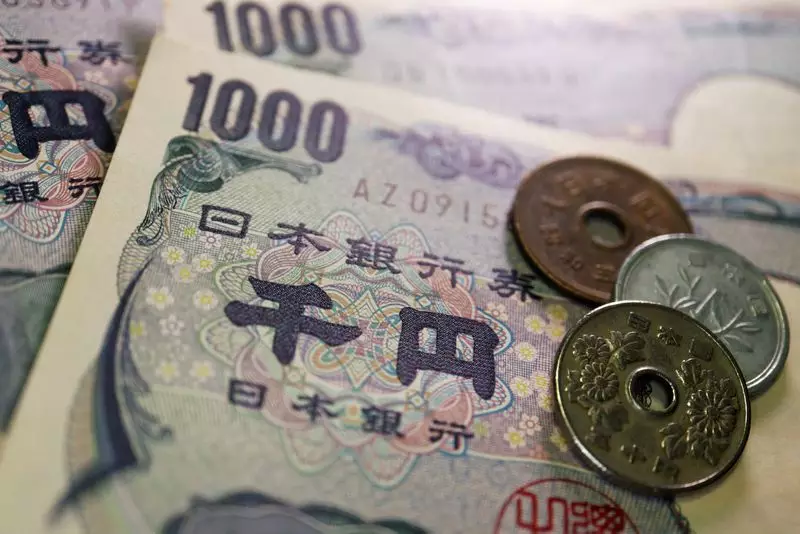In a landscape shaped by intricate financial maneuvers, Japan’s currency dynamics are increasingly scrutinized. Atsushi Mimura, Japan’s new vice finance minister for international affairs, has made it clear that the authorities are continuously monitoring currency markets. High levels of yen carry trades, where investors borrow yen to exploit higher returns in overseas markets, could lead to unnerving fluctuations in Japan’s economy. Mimura’s remarks signify an awareness of the precarious balance that exists between encouraging investment and maintaining market stability.
The Yen Carry Trade Surge
The yen carry trade remains a pivotal element in global finance, encouraging Japanese investors to capitalize on lower borrowing costs domestically. This phenomenon surged as the Bank of Japan (BOJ) maintained its ultra-low interest rates, creating a fertile ground for traders seeking to exploit currency differentials. As interest rates in foreign markets climbed, expectations for profit drove yen depreciation, prompting concerns among policymakers. The trend reached alarming levels earlier this year, when the yen tumbled to its lowest against the dollar in nearly three decades, creating a ripple effect on broader market dynamics. Such a scenario raises the question: When does seeking higher yields become a risk too great to take?
Unwinding Trades and Yen Recovery
Recent shifts in the BOJ’s monetary policy have catalyzed a rapid unwinding of these carry trades. The decision to increase short-term interest rates on July 31 not only startled traders but also contributed to a swift rebound in the yen’s value. This response illustrates the volatility typically associated with speculative trading practices, where base currencies like the yen can swing dramatically in response to policy changes. Investors should remain cautious; the rapid alteration of trade positions can instigate unpredictable movements, affecting not just the trading community but ordinary households and businesses dependent on stable currency values.
Mimura, now at the helm of currency policy, is tasked with navigating these perilous waters. His assertion that Japanese authorities are “always watching” signals an intention to intervene should market conditions spiral out of control. Policymakers are well aware that significant volatility can lead to economic stress for both businesses and consumers; hence, proactive measures may soon be warranted if trends begin to mirror those preceding the yen’s steep decline.
As Japan grapples with the implications of its currency strategies amidst fluctuating global markets, it’s imperative that authorities strike a balance between fostering growth and securing economic stability. The actions taken today will undoubtedly shape the trajectory of Japan’s currency in the future. The ongoing vigilance emphasized by Mimura indicates an understanding that maintaining investor confidence is just as crucial as actual market movements. In this complex economic milieu, the path forward will involve intricate deliberations to shield the economy from the perils of speculation while nurturing a robust financial environment.

